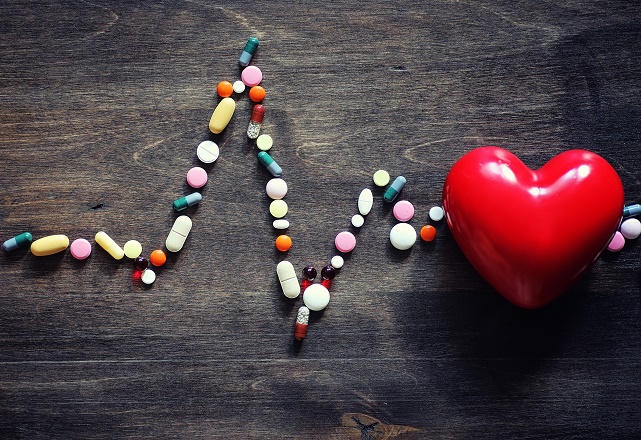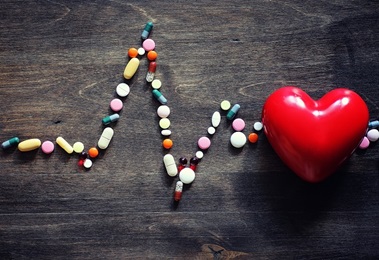The Power of Gut Bacteria and Probiotics for Heart Health
Did you know that you’re affected not only by what you eat but also by what the natural microorganisms in your guts metabolize after you eat? It’s true. Researchers continue to increase their understanding of how overall health is affected by gut bacteria, and in fascinating ways. Not only can these bacteria affect metabolism, immune responses and even mood, now it’s believed they may also affect heart health.
If it's true for mice, will it also be true for humans?
“There can always be differences between the species, things we don’t anticipate, which is why it’s really important we investigate thoroughly with human trials,” says Jennifer L. Pluznick, Ph.D., assistant professor of physiology at the Johns Hopkins University School of Medicine. For example, gut bacteria may bring blood pressure down in one scenario but affect metabolism and immune responses in unexpected ways. “I’m hoping that in the next couple of years, we’ll start seeing how these all these factors and findings apply to humans,” Pluznick says.
What Lower Blood Pressure in Mice May Reveal
At the forefront of animal research into gut bacteria is Jennifer L. Pluznick, Ph.D., assistant professor of physiology at the Johns Hopkins University School of Medicine. Pluznick has been exploring the idea that bacteria living in the gut can produce chemicals as part of their normal metabolism, after they’re exposed to the food we eat.
When those chemicals are then absorbed into the blood stream, it’s thought that they activate receptors in the blood vessels to lower blood pressure. In studies on mice, these blood pressure changes are significant, especially when considering the potential impact over the span of a lifetime.
But while gut bacteria and blood pressure seem linked, researchers don’t yet fully understand their relationship. You might say it's complicated.
“We know that there’s a symbiotic type of relationship between gut bacteria and their hosts—that’s us. Certain chemicals that the gut bacteria produce can alter blood pressure. We also know that when mice or rats or people have high blood pressure , the bacteria in their guts are different. Those things each reveal a piece of the puzzle. But we don’t have enough pieces to put the entire puzzle together yet,” says Pluznick.
Can Probiotics and Prebiotics Lower Blood Pressure?
Eating food that contains probiotics—consumable live bacteria—has been linked to healthier blood pressure in previous studies.
“Yogurt is the clearest example of a probiotic,” says Pluznick. “People might not be as aware of prebiotics.”
Prebiotics are things that you eat that contain the precursors bacteria need to make the special chemicals that are then absorbed by our bodies, potentially lowering blood pressure.
“Fiber can be a prebiotic for a lot of bacteria, so when you eat fiber, the bacteria break it down to make those chemicals,” says Pluznick. You can find prebiotics in fiber-containing foods such as garlic, onions, asparagus, whole wheat pasta and sweet potatoes.
Future Hopes for Heart Health
Pluznick foresees a future in which heart-healthy measures may well involve considerations of gut health and also include optimal guidelines for both the administration of antibiotics, which can adversely affect gut bacteria, and the ingestion of probiotics. But we aren’t there yet.
“We’re some way from being able to tell you exactly which yogurt to eat to try to promote lower blood pressure, but I think that being able to provide that sort of information is the long-term hope—gather all of the puzzle pieces, and put them together,” Pluznick says.






